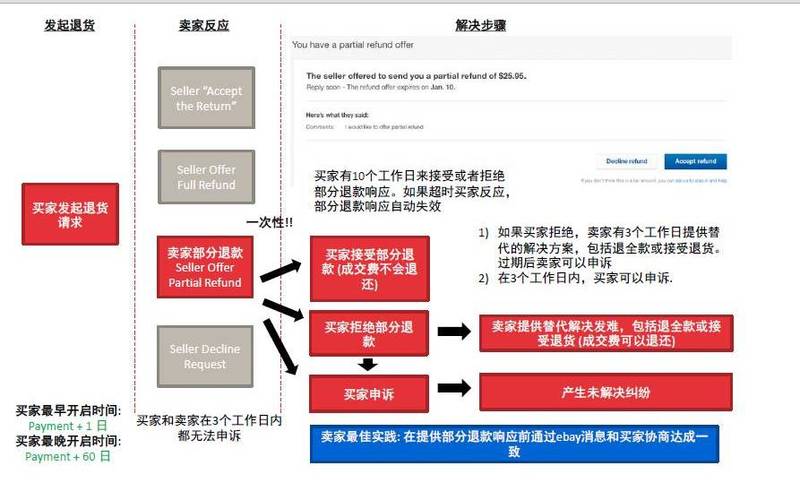Title: Enhancing eBay Selling Experience through eBay API Integration and SKU Management
In the realm of ecommerce, eBay stands out as one of the most prominent platforms for buying and selling a wide array of products. To optimize your selling experience on eBay, utilizing SKU (Stock Keeping Unit) management coupled with eBay API integration can prove highly beneficial. Let's delve into how eBay SKU programming can elevate your selling endeavors.
Understanding eBay SKU:
SKU serves as a unique identifier assigned to each product in your inventory. Effectively managing SKUs streamlines inventory tracking, enhances organization, and facilitates efficient order fulfillment. eBay allows sellers to create custom SKUs for their listings, aiding in inventory management across various channels.
Integrating eBay API:
eBay offers robust API (Application Programming Interface) capabilities, enabling seamless integration with thirdparty systems. Leveraging eBay API empowers sellers to automate tasks, synchronize inventory, retrieve sales data, and streamline various selling processes. Through API integration, sellers can enhance efficiency, reduce manual workload, and deliver a superior customer experience.
Benefits of eBay SKU Programming:
1.
Efficient Inventory Management:
Assign unique SKUs to each product to track inventory accurately.
Implement SKUbased organization to categorize products effectively.
Utilize eBay's API to synchronize inventory levels across multiple platforms in realtime.
2.
Streamlined Order Fulfillment:
Associate SKUs with orders to expedite picking, packing, and shipping processes.
Integrate eBay API to automate order management, reducing processing time and minimizing errors.
Generate packing slips and shipping labels directly from SKUlinked orders for enhanced efficiency.
3.
Optimized Listing Management:
Incorporate SKUs into listing titles or descriptions for easy reference and searchability.
Utilize eBay API to update listing details, prices, and quantities dynamically based on SKUlevel changes.
Implement bulk listing and editing functionalities through API integration to save time and effort.
4.
Comprehensive Sales Analysis:
Retrieve sales data at the SKU level through eBay API for indepth performance analysis.
Gain insights into bestselling products, profit margins, and inventory turnover rates.
Use analytics to make informed decisions regarding pricing, restocking, and marketing strategies.
Implementation Guidelines:
1.
SKU Generation:
Develop a systematic approach for generating unique SKUs based on product attributes, such as category, brand, size, or color.2.
API Integration:
Utilize eBay's API documentation and SDKs (Software Development Kits) to integrate eBay functionalities into your selling platform or management system.3.
Error Handling:
Implement robust error handling mechanisms to manage API communication errors, ensuring data integrity and system reliability.4.
Testing and Iteration:
Conduct thorough testing of SKU management and API integration functionalities in a staging environment before deployment. Continuously iterate and refine the system based on user feedback and performance metrics.Conclusion:

Incorporating eBay SKU programming and API integration into your selling strategy can revolutionize your eBay business operations. By leveraging SKUs for efficient inventory management and harnessing the power of eBay's API for seamless integration, you can streamline processes, enhance productivity, and elevate the overall selling experience for both you and your customers. Embrace these technologies to stay ahead in the competitive ecommerce landscape and unlock new levels of success on eBay.











